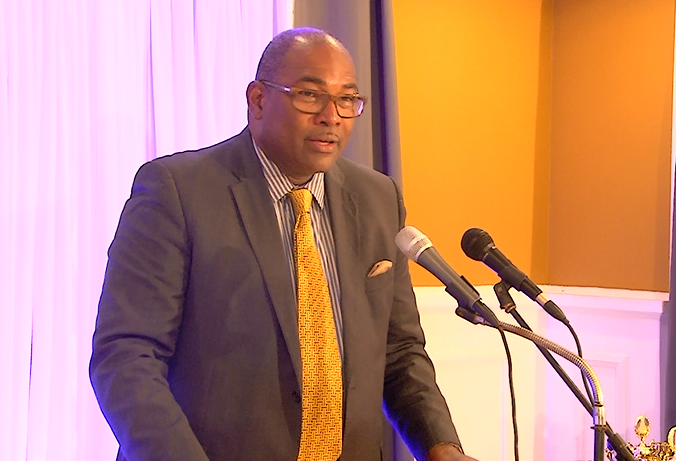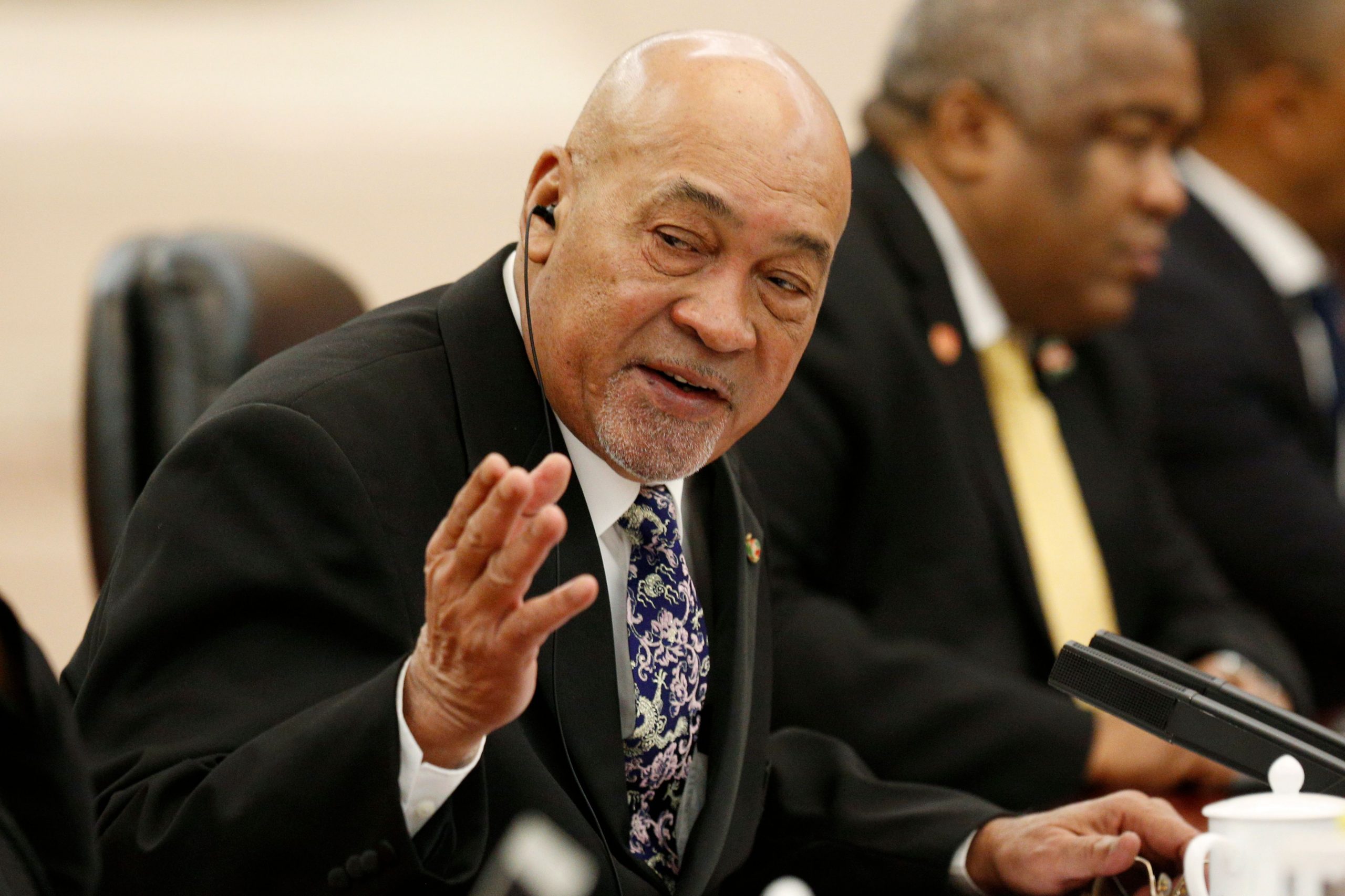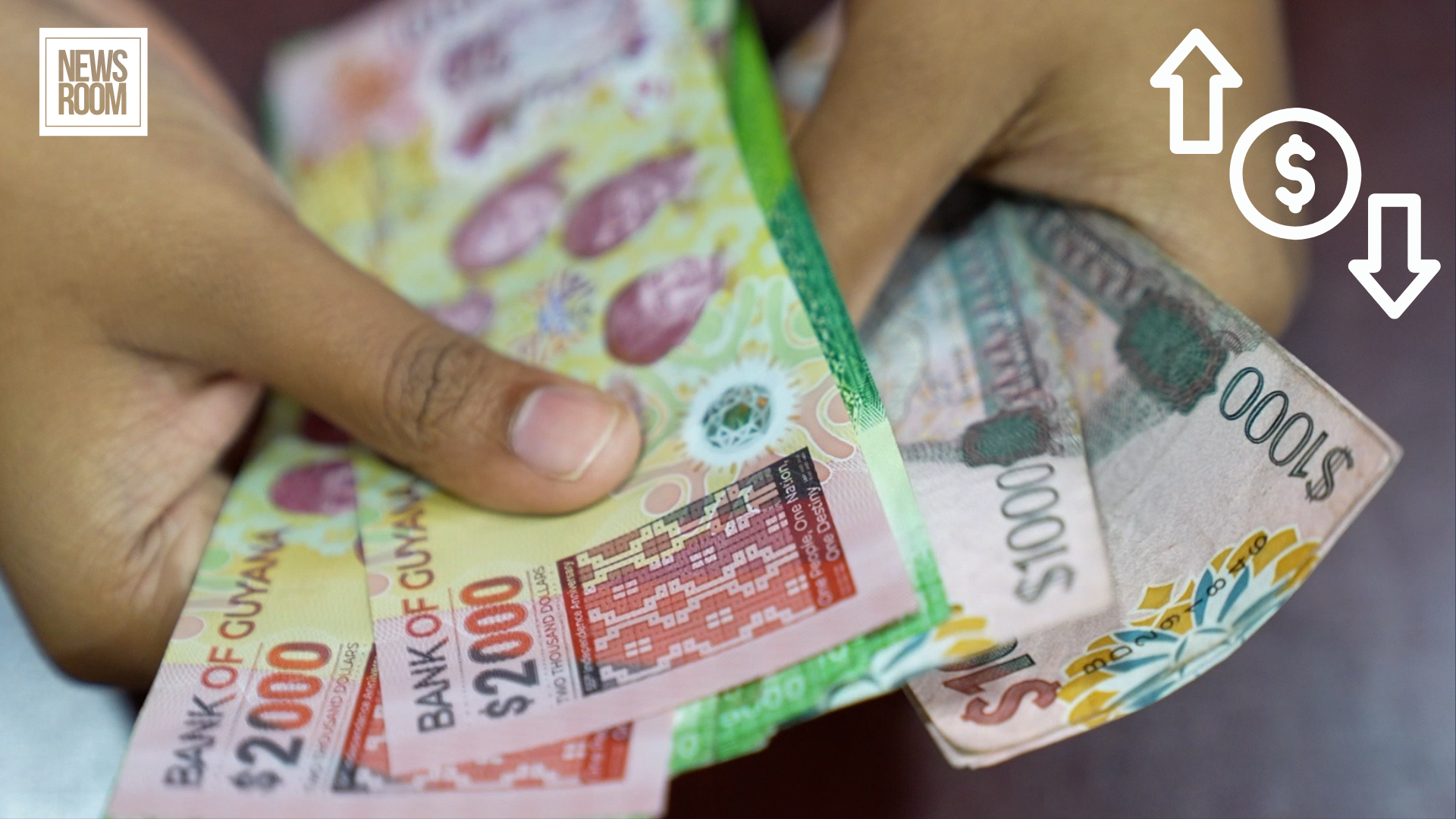By Devina Samaroo
With many persons making pronouncements on the burgeoning oil and gas industry, prominent Attorney, Nigel Hughes is concerned that little attention is being paid to actually educating the public on the sector.
He, therefore, urged the media to play their role in igniting meaningful discussions as opposed to publishing opinions from self-proclaimed experts or views “dressed up” as information.
The retired politician was at the time delivering the feature address at the Guyana Press Association 2018 Media Awards Sunday evening, where he spoke about the role of the media in disseminating information aimed at influencing the national discourse on oil and gas – a critical discussion which he says is depressingly absent.
Oil is a completely new industry to the country and its people, including many professionals, politicians and academics.
Currently being debated by prominent local figures is whether this new sector will be managed properly by the Government and whether the massive revenues will be effectively used to transform the country and benefit each citizen.
But Hughes, a Director of the Guyana Oil and Gas Association (GOGA), contended that much of the discourse or information being disseminated creates the impression that “we are more interested in conflict than we are in solutions and resolutions”.
“The clashes between the Government and those who oppose their every move make great headlines but if they are not checked against verifiable data, information and experience, we lose the entire population who get distracted by the nature of the headlines and the statements which are made rather than in the accuracy of what is said,” Hughes cautioned.
Quoting famous rock musician Bono, the Attorney reminded “the less you know, the more you believe.”
It is in this regard he urged the media to use their powers wisely, to contribute meaningfully to the development of the country, rather than to lend support to talking heads, which he says are often focused on scoring political points or spreading gloom and doom without advancing alternative solutions.
Oil revenue and local content
On the cusp of such massive and transformational oil wealth, Hughes said it is “depressing” that there is no real debate between political parties and academia about the vision for developing Guyana through the revenues from oil and gas – which will be flowing in just two years.
“Beyond the rhetoric of infrastructural development and the repetition of the usual mantra of road to Brazil … no details have emerged about how each political entity plans to deploy the revenues from oil and gas for real transformational development,” he lamented.
Hughes, a former Chairman of the Alliance For Change (AFC) – a partner in the current coalition administration – also bemoaned that there is no gap analysis being done on the inadequacies in the provision of goods and services locally.
He noted that there can be no real discussion on local content without first finding out what exists locally.
“Local content, which has frequently dominated the headlines is a contest of talking heads far removed from any analysis of or reference to verifiable data.
“It’s difficult to have a discussion about local content without first finding out what content exists locally and what are the firm detailed plans exist for providing content locally at the standards which are required in the industry,” he explained.
Cash transfers
Hughes expressed some worry that even though well-known Professor and Economist, Dr Clive Thomas was the first to speak about cash transfers to citizens of the oil revenue, it has still not triggered a discussion at the Government level.
“The fact that someone of the stature and commitment to Guyana as Professor Thomas could not have otherwise got the idea up for discussion on the national agenda speaks volumes about what sort of society we have created and continue to develop,” Hughes stated.
Dr Thomas – a member of the Working Peoples Alliance (WPA), another party in the coalition government – advanced the idea of giving each household a percentage of the oil revenues.
But President David Granger, when asked about his views on the proposal, stated: “I don’t know that there is a precedent for it. So, I don’t know the evidential basis for making such a proposal and it is not part of the proposal for the Sovereign Wealth Fund.”
In making reference to the Head-of-State’s reaction, Hughes chided the media for not challenging President Granger on his statement.
According to Hughes, a quick research on the internet would show that conditional cash transfers, as proposed by Dr Thomas, have become the anti-poverty programme of choice in many developing countries in the region.
“I had hoped after the President made his announcement that someone would have gone back to the President and say ‘by the way Mr President, you said that this did not exist and you were unfamiliar with the programme, perhaps you may wish to now consider it and then start a national discussion on whether conditional cash transfers are indeed relevant and can be of assistance to us’,” Hughes posited.











